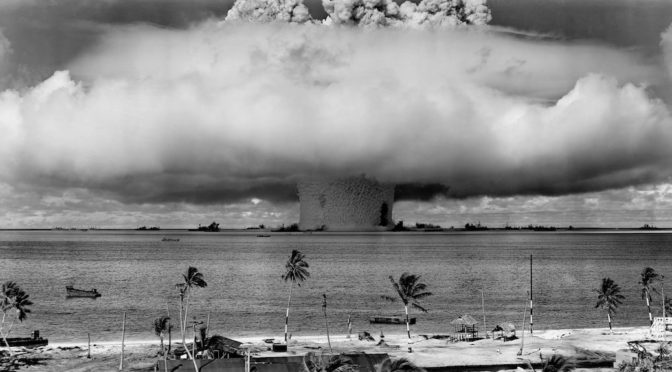This article examines the theory and practice of two partially contrasting policy approaches to US national security and global stability: deterrence, which has long been regarded as virtually the “Holy Grail” of post-World War II US strategy, and arms control, which offers alternative goals, procedures, and structures. In the realm of nuclear weapons, both approaches… Continue reading Deterrence as the MacGuffin: The Case for Arms Control in Outer Space
Category: International Security
Full Court Press: Preventing Foreign Adversaries from Exfiltrating National Security Technologies Through Bankruptcy Proceedings
While an important part of US innovation and culture, bankruptcy proceedings have nonetheless become a unique avenue through which foreign adversaries are able to acquire sensitive US national security technologies and intellectual property. Through a detailed analysis of the current gaps in federal regulations governing foreign investment and bankruptcy proceedings in the US, Camille Stewart… Continue reading Full Court Press: Preventing Foreign Adversaries from Exfiltrating National Security Technologies Through Bankruptcy Proceedings
Building a Universal Counter-Proliferation Regime: The Institutional Limits of United Nations Security Council Resolution 1540
The risk of Weapons of Mass Destruction materials falling into the hands of criminals continues to be a major security concern following 9/11. Efforts to curb the threat culminated in 2004 with U.N. Security Council Resolution 1540. Resolution 1540 created an international institution—the 1540 regime—that was intended to prevent WMD proliferation by closing legal gaps… Continue reading Building a Universal Counter-Proliferation Regime: The Institutional Limits of United Nations Security Council Resolution 1540



